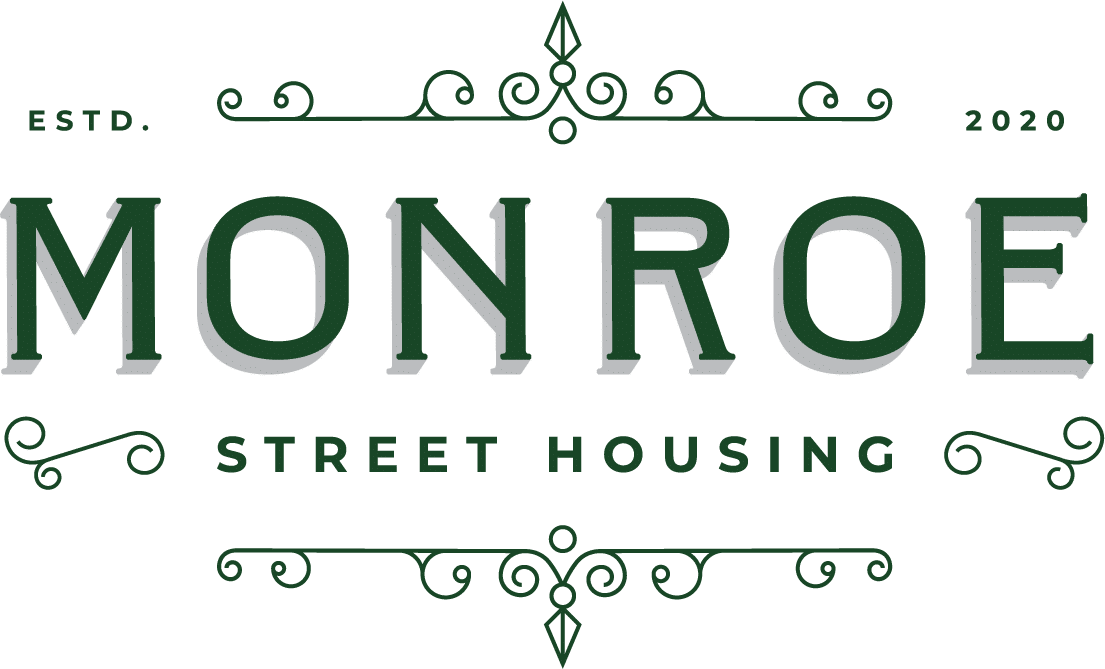Recovery from addiction is a lifelong journey, and for many people, one of the most crucial steps is finding safe, structured housing after rehab. Sober living homes provide a supportive environment where individuals can transition from intensive treatment to independent living while still surrounded by accountability and structure. But one of the most common questions families ask is: Does insurance cover sober living?
The short answer is: yes, sometimes – but it depends on the type of insurance plan, the state you live in, and the sober living program itself. Some policies may cover certain services connected to sober living, while others may not cover housing costs at all. Understanding how insurance interacts with sober living can help you or your loved one make informed decisions about recovery housing.
What Is Sober Living?

Sober living homes are residences designed to provide a drug- and alcohol-free environment for people in recovery. They aren’t treatment facilities in the traditional sense but instead focus on offering a safe, structured place to live while individuals rebuild their lives.
Residents of sober living homes typically share responsibilities such as household chores, paying rent, and following house rules that include maintaining sobriety and contributing positively to the community. Unlike a traditional apartment, sober living environments often include accountability measures like random drug testing and curfews.
The purpose of sober living is to bridge the gap between inpatient treatment and full independence. It’s an environment where residents can gradually return to work, school, or family life while still having the structure and peer support they need to stay on track.
When Is Sober Living Recommended?
Sober living is often recommended after someone completes a residential or inpatient rehab program. While treatment provides therapy, medical oversight, and relapse prevention tools, the transition back into everyday life can feel overwhelming. Sober living helps ease this transition by offering continued structure.
It’s particularly beneficial in situations such as:
- Early recovery: When someone is newly sober and needs accountability to prevent relapse.
- Unstable home environments: For individuals returning to environments with high stress, substance use, or unhealthy relationships.
- Co-occurring disorders: People who are managing both addiction and mental health conditions may need the added support of sober housing.
- Legal or professional requirements: Some individuals may be required to live in a structured recovery environment as part of probation, parole, or workplace mandates.
The Difference Between Sober Living and Halfway Houses
Many people confuse sober living homes with halfway houses, but the two are not the same. Halfway houses are often government-funded or affiliated with correctional systems. They may serve people transitioning from prison or court-mandated programs, and typically have stricter rules and limited lengths of stay.
Sober living homes, on the other hand, are usually privately operated and cater specifically to people in recovery. They focus less on punishment or correction and more on community, personal growth, and accountability. Stays can last anywhere from a few months to over a year, depending on individual needs and progress.
Understanding this difference is important when considering insurance coverage. Because halfway houses may be government-funded, they sometimes come with built-in subsidies, whereas sober living homes may require residents to pay rent, possibly with some insurance assistance.
What Types of Insurance Might Cover Sober Living?

Not all insurance plans cover sober living, but some may provide partial coverage depending on the services offered. The most common types of insurance that might contribute include:
- Private health insurance: Some private insurers offer coverage for recovery-related housing or specific services within sober living.
- Employer-sponsored insurance: Group plans sometimes extend coverage for transitional support services.
- Medicaid or state-funded insurance: Depending on your state, Medicaid may cover certain recovery housing services, especially if they are tied to outpatient treatment.
- Affordable Care Act (ACA) marketplace plans: Many ACA-compliant plans are required to cover mental health and substance use disorder services, though the extent to which sober living qualifies varies widely.
How Insurance Determines Coverage for Sober Living
Insurance coverage for sober living often depends on how the program is structured. Most insurers won’t cover rent outright because it’s considered a housing expense, not a medical one. However, if the sober living home provides treatment-related services, such as outpatient therapy, medication management, or case management, insurance may cover those portions of the program.
Insurance companies generally evaluate:
- Medical necessity: Is sober living recommended as part of an ongoing treatment plan?
- Accreditation: Does the sober living home partner with licensed treatment providers?
- State regulations: Does the sober living home meet state guidelines for recovery residences?
What Services in Sober Living Might Be Covered?
While insurance rarely covers rent, it may cover certain services that sober living homes provide. These can include:
- Outpatient therapy sessions
- Group counseling or support groups facilitated by licensed professionals
- Medication-assisted treatment (MAT)
- Case management services
- Routine drug testing when tied to treatment compliance
What Isn’t Typically Covered by Insurance?
There are limits to what insurance will cover in sober living. Some of the expenses that are usually not covered include:
- Rent or housing fees
- Utilities and household expenses
- Meals and groceries
- Transportation to and from work, school, or meetings
- Recreational activities
How to Check if Your Insurance Covers Sober Living
The best way to confirm coverage is to call your insurance provider directly. Ask specific questions such as:
- Does my plan cover recovery housing or transitional living?
- Are there approved sober living facilities in my network?
- What outpatient services are covered if I live in a sober home?
- What documentation is needed to demonstrate medical necessity?
You can also ask the sober living home itself if they work with insurance companies. Many facilities, like Monroe Street Housing, can help residents navigate insurance verification and explore financial assistance options.
What If Insurance Doesn’t Cover It?
If your insurance doesn’t cover sober living, don’t lose hope. There are alternative ways to manage costs:
- Payment plans: Many sober living homes offer flexible payment schedules.
- Scholarships or grants: Nonprofit organizations sometimes provide financial aid for sober housing.
- Family support: Families may pool resources to help cover costs.
- Employment opportunities: Some sober living homes encourage residents to work part-time to contribute to rent.
How to Choose a Sober Living Home That Works with Your Insurance
When exploring sober living options, it’s important to balance affordability with quality. Look for homes that:
- Partner with treatment providers who can bill insurance for services
- Are accredited or certified by organizations such as NARR (National Alliance for Recovery Residences)
- Offer structured programs with accountability and peer support
- Have clear policies on drug testing, curfews, and house rules
The Benefits of Sober Living in Long-Term Recovery
The value of sober living extends far beyond financial considerations. Living in a supportive, substance-free environment offers benefits such as:
- Accountability: Random drug testing and peer expectations encourage sobriety.
- Structure: Curfews, chores, and routines provide stability.
- Peer support: Residents share experiences and support one another in recovery.
- Gradual independence: Residents can slowly rebuild careers, education, and relationships.
Sober Living and the Continuum of Care
Addiction recovery is not a one-size-fits-all process. It’s best viewed as a continuum of care, beginning with detox, followed by inpatient or outpatient treatment, and eventually transitioning to sober living. Each stage builds on the previous one to create a stronger foundation.
Sober living provides the necessary bridge in this continuum. Without it, many people risk falling through the cracks during the fragile early months of sobriety. Insurance coverage can make this option more accessible, but even when it doesn’t, the benefits often outweigh the costs.
Final Thoughts: Navigating Insurance and Sober Living Options
So, does insurance cover sober living? The answer is nuanced. While most insurance plans won’t pay for rent directly, many will cover associated treatment services. Understanding your policy, working with accredited sober living homes, and exploring alternative funding options can make sober living an achievable part of recovery.
At Monroe Street Housing, we believe everyone deserves the chance to rebuild their life in a safe, supportive environment. Whether you have insurance coverage or not, we are committed to helping residents and families find solutions that work for their unique circumstances.
If you or your loved one is considering sober living, don’t let uncertainty about insurance stand in the way of recovery. Contact Monroe Street Housing today to verify your benefits, explore financial options, and take the next step toward lasting sobriety.














